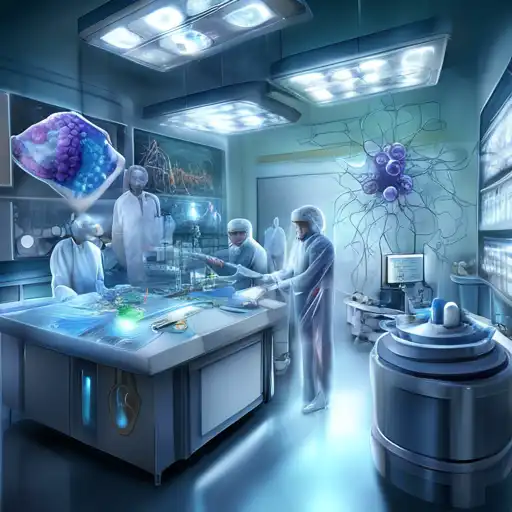Introduction to Nanotechnology in Medicine
Nanotechnology, the science of manipulating matter at the atomic and molecular scale, is set to revolutionize the medical field. With its ability to operate at the same scale as biological molecules, nanotechnology offers unprecedented opportunities for diagnosis, treatment, and prevention of diseases. This article explores the groundbreaking advancements and potential of nanotechnology in medicine.
The Promise of Nanomedicine
Nanomedicine, the application of nanotechnology in healthcare, promises to transform the way we approach disease treatment and prevention. From targeted drug delivery systems that minimize side effects to nanorobots capable of repairing damaged tissues, the possibilities are endless. The precision and efficiency of nanotechnology could lead to more effective treatments with fewer side effects.
Current Applications of Nanotechnology in Medicine
Today, nanotechnology is already making waves in various medical applications. Some of the most notable include:
- Drug Delivery: Nanoparticles are being used to deliver drugs directly to diseased cells, reducing the impact on healthy cells and improving treatment outcomes.
- Diagnostic Tools: Nanotechnology enables the development of highly sensitive diagnostic devices that can detect diseases at their earliest stages.
- Regenerative Medicine: Nanomaterials are being explored for their potential to support tissue regeneration and repair.
Challenges and Ethical Considerations
Despite its potential, the integration of nanotechnology into medicine is not without challenges. Issues such as toxicity, long-term effects, and ethical concerns must be addressed to ensure the safe and equitable use of nanomedicine. Researchers and policymakers are working together to navigate these challenges and harness the full potential of nanotechnology in healthcare.
The Future of Nanotechnology in Medicine
The future of nanotechnology in medicine is bright, with ongoing research paving the way for innovative treatments and diagnostic tools. As we continue to explore the nanoscale, the potential for breakthroughs in understanding and treating diseases is limitless. The integration of nanotechnology into medicine represents a significant leap forward in our quest to improve human health and longevity.
For more insights into the future of healthcare technology, explore our articles on the future of healthcare and innovative medical technologies.
